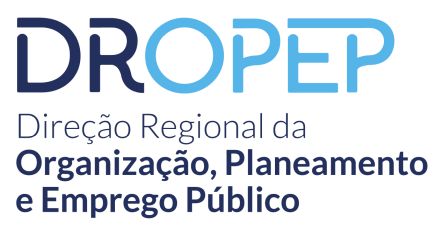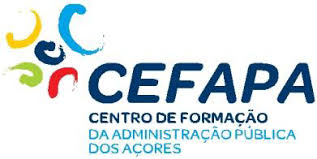- Mass Training em Suporte Básico de Vida

The Regional Directorate of Organisation, Planning and Public Employment plays a fundamental role in the implementation of measures aimed at fostering and developing the modernisation and efficiency of the regional public administration. This goal is achieved through the promotion of projects focused on the qualification and enhancement of its human resources. This entity proposes, through the Azores Public Administration Training Centre - CEFAPA, the promotion, monitoring, coordination and implementation of training measures for the development of skills of public administration workers. They will contribute to the consequent improvement of the response capacity of public services in their relations with citizens.
Hence CEFAPA, as the public service responsible for mediating and promoting the enhancement of the Regional Public Administration’s human resources, has carried out its activities with the aim of responding to the actual needs of its bodies and services as well as of its workers. It continues to invest in training according to the general goals set out in the legislation (Decree-Law no.86-A/2016 of December 29 defining the training scheme for the Public Administration):
"a) Empowering the bodies and services of the Public Administration, through the qualification of its workers and managers, to meet the requirements arising from their tasks, duties and competences;
b) Developing innovation and change management skills, through the acquisition of knowledge and the development of critical thinking capacities towards the adoption of behaviours and attitudes adjusted to the necessary administrative modernisation processes;
c) Contributing to the efficiency, effectiveness and quality of the services provided to citizens and businesses;
d) Promoting human empowerment for digital governance;
e) Ensuring the professional qualification of workers and managers, and improving their performance in accordance with benchmark skills;
f) Contributing to the improvement of qualification and ensuring, whenever necessary, double certification;
g) Promoting a culture of organisational knowledge management that encourages and values the production, dissemination and use of knowledge.”








